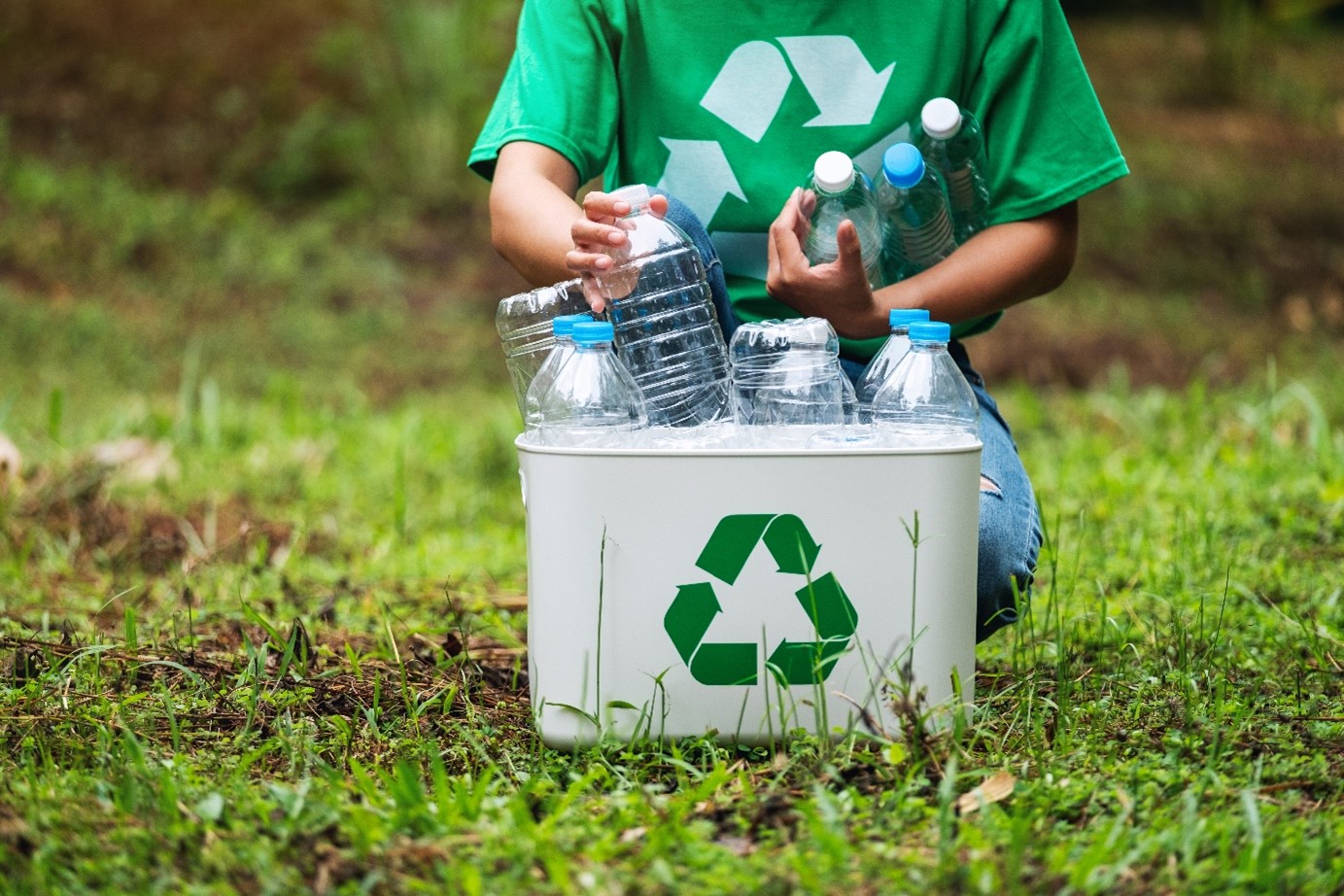The European Union (EU) has taken an important step in the field of environmental protection and sustainability by introducing the Ecodesign Sustainable Products Regulation(ESPR) on July 18, 2024. This new regulation aims to design products to be more environmentally friendly and in line with circular economy principles. Consumption patterns across EU borders can lead to climate change and pollution, as the way products are used plays a major role in environmental impacts. The ESPR is part of the Circular Economy Action Plan adopted in 2020 and contributes to achieving the EU’s energy efficiency targets and sustainability goals. One of the main goals of this plan is to double the circularity of materials used in the EU by 2030 and achieve significant improvements in energy efficiency. The new regulation will significantly reduce the environmental impact of products placed on the market.
What does the regulation cover?
The ESPR aims to increase the energy savings of products in the EU, facilitate their repairability and promote the recyclability of products. A sustainable product can last longer with less energy consumption, can be reusable by making it easier to replace parts, and can be free of substances that harm the environment. They are also expected to be made from recycled materials and minimize their carbon footprint. The regulation also introduces a digital product passport. This passport aims to transparently present sustainability and energy efficiency information of products to the consumer. In addition, mandatory green public procurement criteria will enable governments to choose environmentally friendly products.
Audit and Accreditation
Products demonstrating compliance with the ESPR will be assessed by notified bodies. These conformity assessment bodies (CABs) are organizations appointed by national authorities and accredited by national accreditation bodies (NABs). Accreditation guarantees their competence to verify sustainability, circular economy and energy efficiency standards.
Implications for Consumers
With this new regulation, consumers will have access to longer-lasting and easily repairable products. In addition, with energy-efficient products, less resources will be wasted and unnecessary waste will be prevented. Consumers will be able to make more informed choices by knowing more about the energy consumption and environmental impact of their products.
This step by the EU is seen as a major step towards achieving the goals of the European Green Deal and aims to create a more sustainable way of life. For detailed information: Ecodesign For Sustainable Products Regulation




